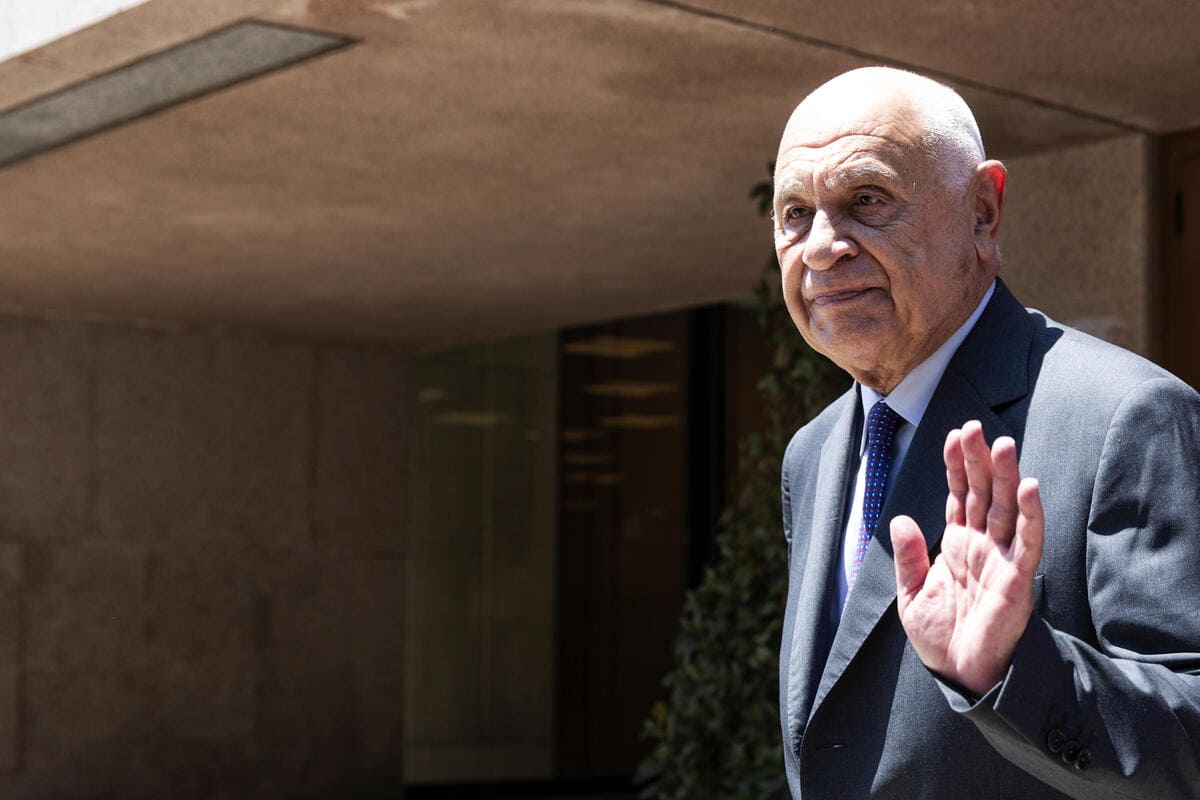
For once, it is not an exaggeration to say that this is a “historic” moment. The judicial reform desired and approved by the center-right, plus Iv, Azione, and +Europa (199 yes and 102 no yesterday in the Chamber), marks one of those moments where – hopefully – we can begin to organize a world that, for thirty years, has been dominated by certain groups of judges and journalists who oppose any change.
There will be time for regret or to realize that something could have been done better, that something will need to be adjusted and corrected, that some unintended effects have occurred, in short, there will be time for details and regrets, but for now, let us say that a step in the right direction has been taken, finally, after many failed attempts.
The Nordio Reform
Yesterday on Il Giornale, Filippo Facci – one of the few who, with great consistency, has been writing about certain “guarantee-related matters” since the days of Mani Pulite – succinctly summarized the situation: “The final approval of the Nordio Reform should reorder legal interpretations and creative jurisprudence, those that, over the past three decades, have reversed the spirit and effects of the Penal Code enacted in 1989: the notification of guarantees that were meant to protect the suspect instead sacrificed them in the newspapers, pre-trial detention that has become a rule that fills prisons with detainees awaiting trial, wiretaps that fuel gossip rather than serve as sources of evidence, crimes like abuse of office that continue to hold mayors and administrations hostage without resulting in convictions, appeals and counter-appeals by public prosecutors accustomed to challenging acquittals that do not confirm their dominance, these and other refrains of our unique justice system in the world that even honest judges and their courts have experienced as an eternal seasonal wind. But we are halfway through the passage, in fact beyond, and the other shore will be definitively reached when the Reform becomes constitutional and the separation of careers between the prosecutor and the judge becomes a reality, allowing, as stated in Article 111, for the judge to be impartial but also a third party, in balance between the parties.”

Why is Toti still under house arrest?
Justice needs to change because it slows down the country, makes the future indecipherable for businesses and investments, hampers the attraction of foreign capital, but above all for a basic rule of common sense: justice is the faltering attempt to find the truth, not the use of the law as a tool for accusation, vengeance, and torture.
It is precisely to protect those judges who work honestly and rationally that the political use of justice, to which we have become accustomed over these years and which has mainly targeted political figures on the center-right (but has also been used to “settle scores” on the left), needs to be broken.
There are thousands of examples, and the latest ones are still right in front of us, we think of cases like Mori and Toti. Today, the Court of Review will have to decide whether to confirm house arrest for the President of Liguria. It is still difficult – even after the opinion expressed by the former President of the Constitutional Court, Sabino Cassese – to understand what the precautionary needs are that prevent his release. He has even given up the third term, what else must Toti do? The situation has all the flavor of a blackmail: either resign or stay under house arrest.
Exactly. There is still much to be done, and the reform is just the first step.



